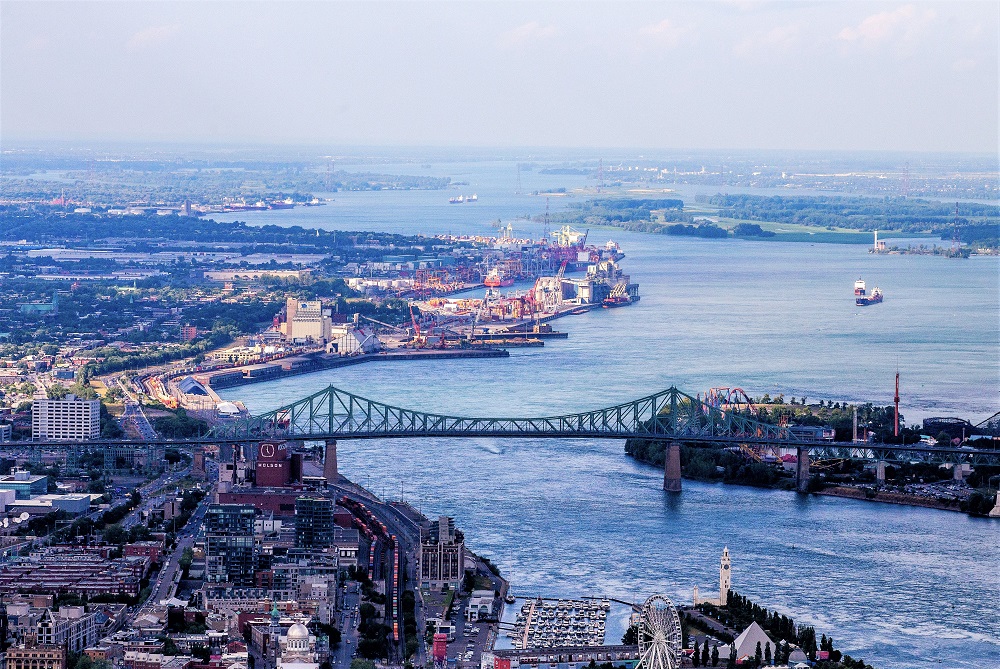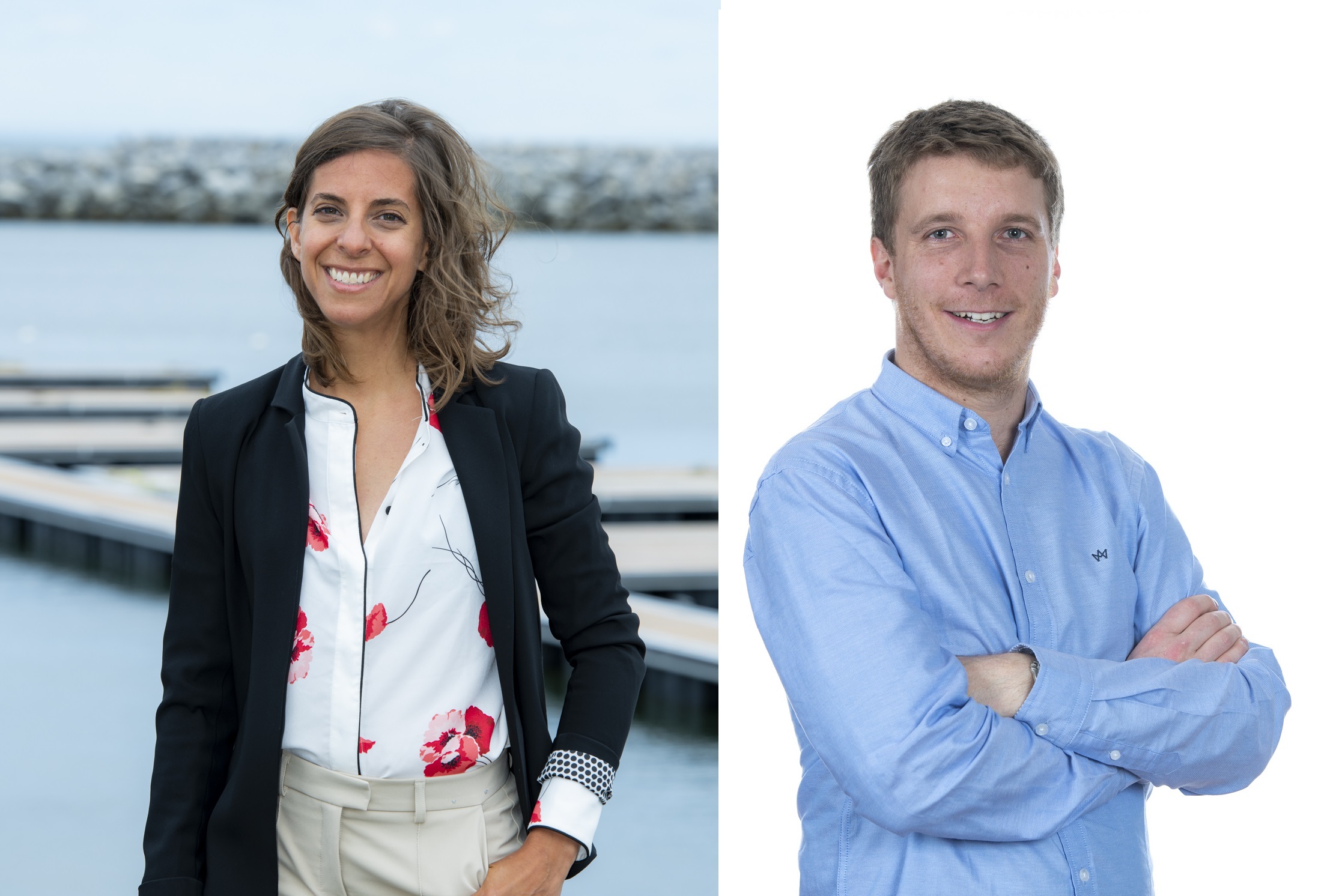
Technopole maritime’s MeRLIN network: a showcase for Quebec’s marine technologies
Even though shipping is the greenest mode to transport goods, we are always looking for ways to reduce impacts, improve the bottom line and rethink the future. According to MeRLIN Project Coordinator Martin Forêt, “There’s always room for improvement!”
The best possible future
Focused on innovation in the marine and port sector, and supported since its inception in 2016 by the Port of Montreal, this organization bridges the gap between academia and industry to design and build the best possible future for the marine sector.
“We wanted to create a discussion table for industry players to talk about innovation and work on common issues,” said Noémie Giguère, Executive Director of Technopole maritime du Québec, which spearheads and manages the MeRLIN network.
Out of the resulting workshops, networking activities and joint projects, a mission emerges for MeRLIN: “After identifying the needs, put the right researchers in touch with the right industry stakeholders,” said Martin Forêt. An oceanographer by training, Forêt combines his in-depth knowledge of the research community with an exhaustive database of industry people and companies. Thanks to the MeRLIN network, research projects can find a concrete application in a shipowner, a port or a company, and conversely, companies can seek innovative solutions to their needs. “We look for where we can innovate and advance, and then act in a targeted manner on these issues.”
Top priorities
One of the top priorities is improving the environmental impact of the marine and port industry. “Reducing environmental impacts is a crucial issue for the coming years,” he said. “Everywhere, we are trying to analyze the impacts and find ways to reduce them.”
Alternative fuels, the electrification of transport and the design of more energy-efficient ships are currently giving rise to numerous research and development projects. For example, “What fuels of the future will we be able to use in Quebec?” asked Martin Forêt. “We’re working hard to reduce the carbon footprint of ships and marine transport in the broadest sense. We’re trying to find alternative solutions.” The project to electrify docks for cruise ships and wintering vessels carried out at the Port of Montreal in partnership with Hydro-Québec in 2017 is an example. Today, these issues are unavoidable for shipowners who are working to design the next generation of ships.
Another hot topic is the impact of shipping on the marine ecosystem, from marine mammals to shoreline erosion. “We’re studying the soundscape in the St. Lawrence. What type of navigation is the most harmful? What measures can be taken to limit impacts?” The recently announced MARS project includes building an acoustic station on the Rimouski waterfront. “Passing vessels will be able to stop there to have their noise evaluated, both the noise in the water and the noise on the vessel.” This data will provide valuable knowledge to comply with regulations, respond to requests and either plan the construction of future vessels or what changes to make on current vessels. "This project is an incredible showcase for marine technologies in Quebec," added Noémie Giguère.
One thing is certain: the maritime community is fully engaged in this evolution. “It’s a great strength of Quebec marine transportation to keep the innovation aspect in mind. It’s a very proactive sector. Everyone understands the importance of marine transportation. The important thing is to keep being innovative, to move it forward,” said Martin Forêt.

